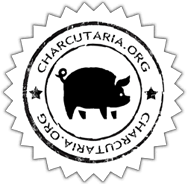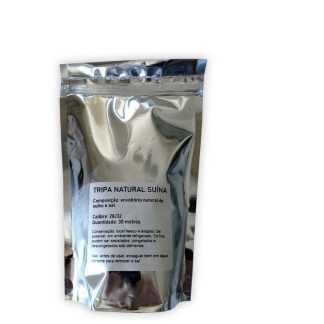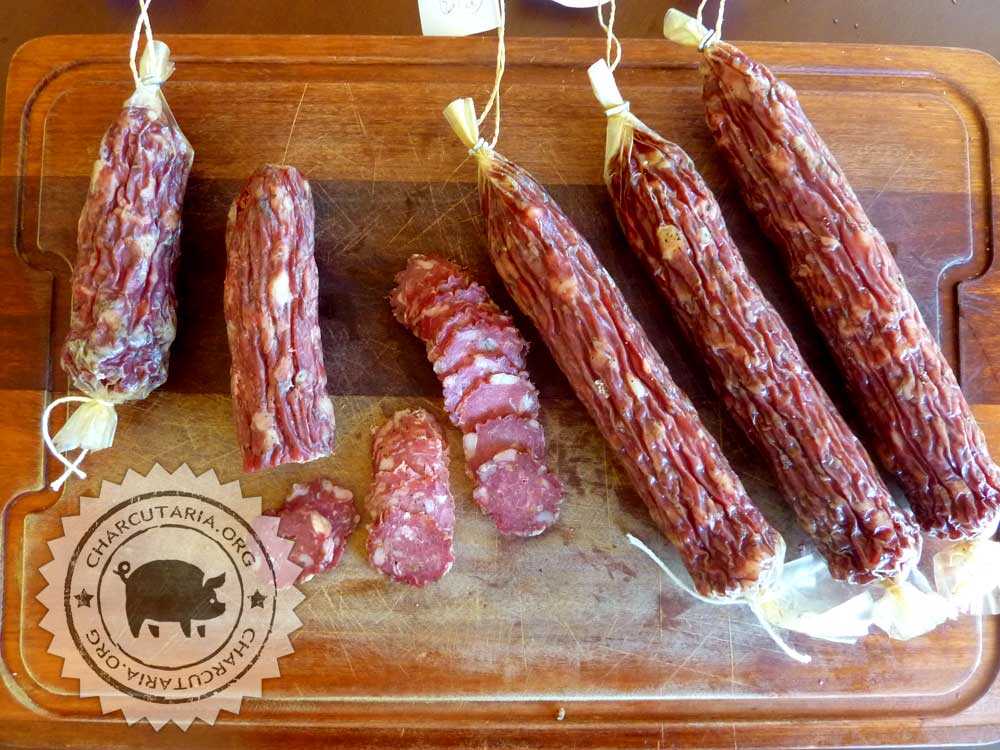
Para compreender melhor a relação entre segurança alimentar e as características particulares de cada produto é de suma importância entender todas as técnicas de preservação para aplicá-las ou omití-las intencionalmente de acordo com o produto específico desejado. Muitas vezes desejamos elaborar produtos que fogem do tradicional, mas para tanto é primordial compreender o que cada mudança pode resultar na segurança alimentar.
Salga: o sal de cozinha(NaCl) é extremamente importante para administrar a microflora presente em qualquer etapa do processo. O início do processo é o mais crítico pois há muita água disponível e microflora natural bem ativa. O controle do crescimento bacteriano presente nas matérias-primas in natura e a criação de condições nas quais o estabelecimento e crescimento preferencial da cultura bacteriana inicial ocorrem são funções imprescindíveis que dependem da temperatura na qual ocorre o processo de fabricação, a qual, se não controlada, pode ocasionar crescimento bacteriano considerável.
A indústria cárnea moderna utiliza o sal como aromatizante ou intensificador de sabor e, ainda, o sal é responsável pela textura desejável da carne processada. Isso é possível devido às propriedades funcionais que o sal confere aos produtos cárneos: ativa proteínas para aumentar a capacidade de hidratação e de ligação à água; diminui a perda de fluido no produto embalado a vácuo que foi processado termicamente; aumenta as propriedades de ligação das proteínas para melhorar a textura; aumenta a viscosidade das massas de carne, facilitando a incorporação de gordura para formar massas estáveis; é essencial para o sabor e é um bacteriostático em níveis relativamente altos.
Cura: a inclusão do nitrito de sódio através do sal de cura foi e continua sendo extremamente importante e eficaz para inibir a proliferação de Clostridium botulinum e Clostridium perfringensem durante todo o processo de fabricação; O nitrato de sódio é reduzido durante o processo em nitrito de sódio e este sim tem a ação desejada. É importante a adição do nitrato para uma conversão lenta durante o processo, garantindo proteção prolongada.
Os termos salga e cura ou salgado e curado têm, para alguns, o mesmo significado. As carnes salgadas são também chamadas de curadas quando tratadas com sal comum e/ou sais de cura e coadjuvantes. A salga e a cura são procedimentos muito difundidos para a obtenção de produtos cárneos e, também, no sentido original da palavra, para conservar durante mais tempo a carne fresca. O nitrito de sódio é frequentemente incluído na salmoura e é responsável pela cor da carne curada, além de acrescentar sabor e poder ajudar a impedir o desenvolvimento de esporos de micro-organismos como o Clostridium botulinum. Um coadjuvante amplamente utilizado é o açúcar, que contribui beneficamente para o sabor da carne e neutraliza alguns dos efeitos de endurecimento causados pelo uso de sal. Com o tempo, o termo cura de carne passou a ser entendido como a adição de sal, açúcar, especiarias, salitre (nitrato) ou nitrito à carne, para preservação e aprimoramento de sabor.
Fermentação: por meio da exclusão competitiva (auxiliada pela inibição com a salga), a fermentação é importantíssima para gerenciar a microflora e inibir/prevenir o crescimento de bactérias deteriorantes e patogênicas indesejadas. Como resultado dessa competição entre bactérias concorrentes (esperada para estafilococos, que são resistentes a sal e nitritos) e acidificação do produto por meio da produção bacteriana de ácido lático, as condições são criadas tanto para completamente prevenir o crescimento bacteriano quanto para contribuir com a inibição de muitas bactérias patogênicas;
Aquecimento: alguns salames(a minoria) são tradicionalmente cozidos e o processamento térmico a temperaturas nas quais a letalidade é obtida eficazmente destrói bactérias deteriorantes ou patogênicas presentes nas matérias-primas ou aquelas que subsequentemente conseguem entrar por meio de contaminação;
Secagem: a remoção de umidade diminui com sucesso a atividade aquosa(aw), propiciando condições composicionais nas quais o crescimento de muitas/todas as bactérias (deteriorantes e patogênicas) é controlado.
-
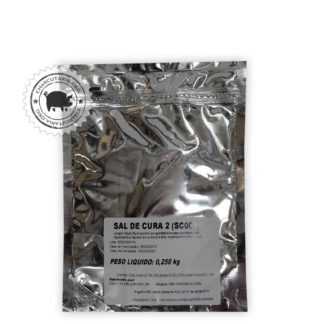 Sal de cura 2R$ 8,00
Sal de cura 2R$ 8,00 -
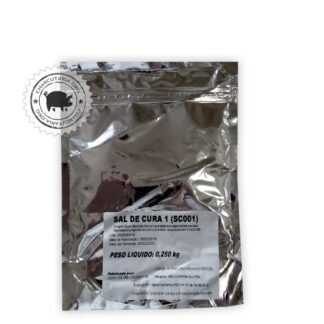 Sal de cura 1R$ 8,00
Sal de cura 1R$ 8,00 -
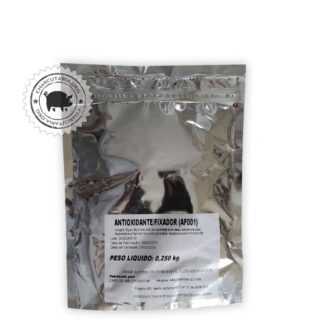 Antioxidante FixadorR$ 23,00
Antioxidante FixadorR$ 23,00 -
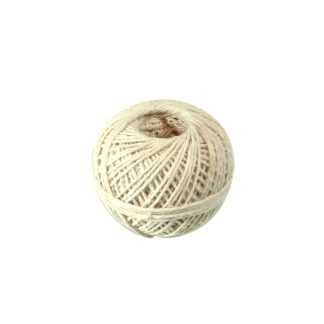 Barbante culinárioR$ 7,90
Barbante culinárioR$ 7,90 -
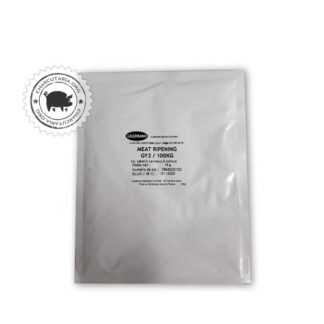 Cultura StarterO preço original era: R$ 69,90.R$ 59,90O preço atual é: R$ 59,90.
Cultura StarterO preço original era: R$ 69,90.R$ 59,90O preço atual é: R$ 59,90. -
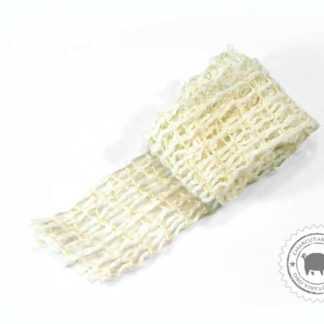 Rede elástica culinária 50mmR$ 15,00
Rede elástica culinária 50mmR$ 15,00 -
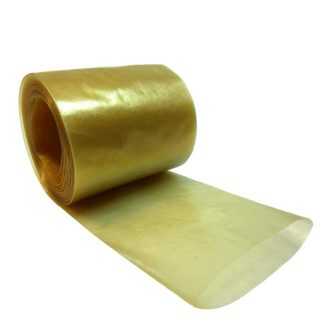 Tripa de colágeno 45mm rolo 5 metros salameR$ 25,00
Tripa de colágeno 45mm rolo 5 metros salameR$ 25,00 -
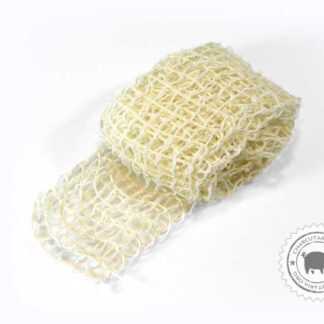 Rede elástica culinária 65mmR$ 18,00
Rede elástica culinária 65mmR$ 18,00 -
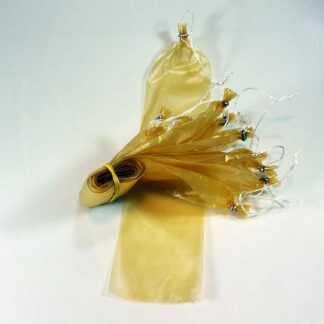 Tripa de colágeno salame 45mm 10 unidades amarradasR$ 22,00
Tripa de colágeno salame 45mm 10 unidades amarradasR$ 22,00 -
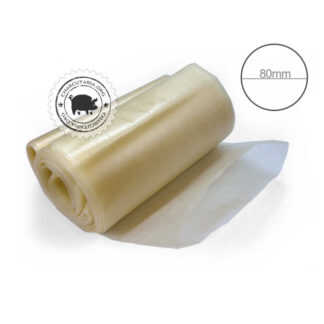 Tripa de colágeno 80mm copa e salameR$ 29,90
Tripa de colágeno 80mm copa e salameR$ 29,90 -
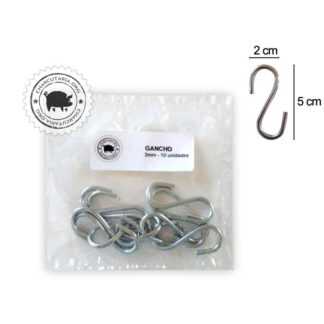 Gancho GalvanizadoR$ 12,00
Gancho GalvanizadoR$ 12,00 -
 Tripa de colágeno salame 50mm 10 unidades amarradasR$ 24,00
Tripa de colágeno salame 50mm 10 unidades amarradasR$ 24,00
